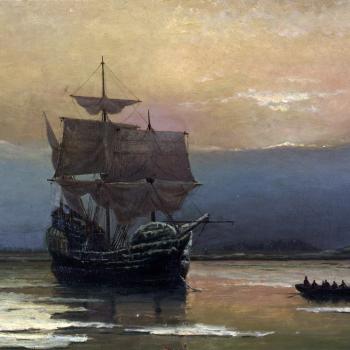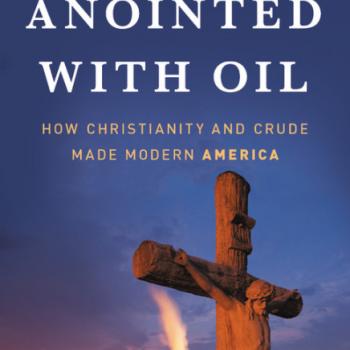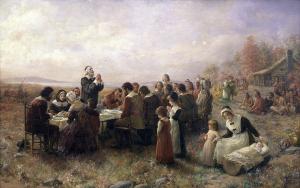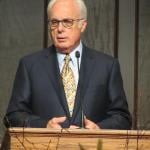I have recently been writing about a truly odd text called the Gospel of Barnabas, which purports to be a secret gospel revealed to the early Christian figure of that name. The more I get into it, the more intriguing ideas and insights I find. Today I want to explore one truly weird story from the Old Testament. The story really does exist, it really is canonical, but it raises all sorts of difficult questions that really are not addressed... Read more

















